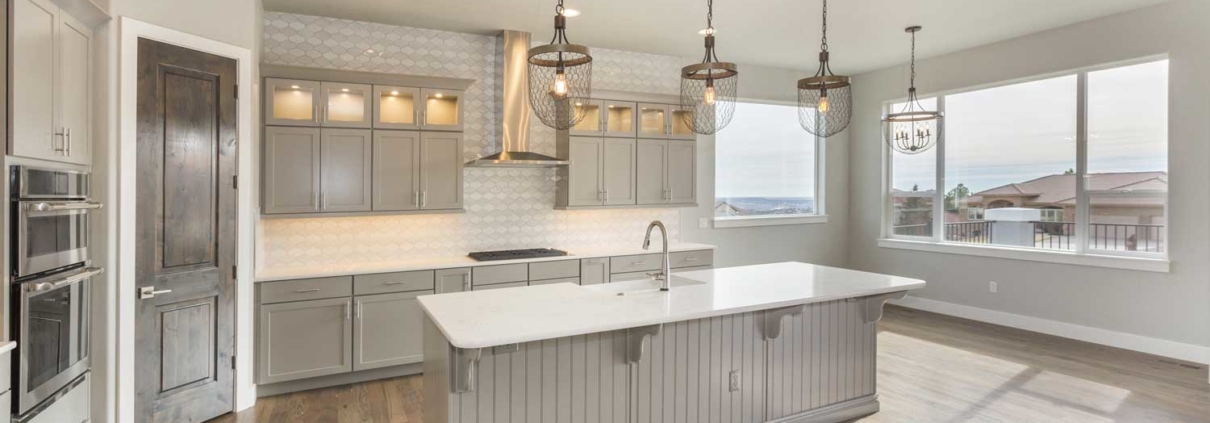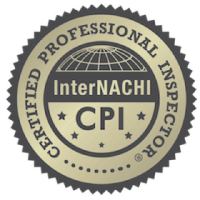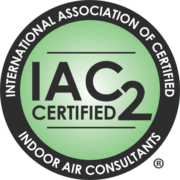The decision to purchase a home is one of the most important financial decisions you will make in your lifetime. A four-point inspection only covers the basics, while a full home inspection includes all areas of the house. The last thing you want to do is buy a new house with hidden issues that are not covered by your warranty or insurance policy. It’s best for peace of mind and future resale value to get an expert opinion on any potential property before making an offer!
Do I need a 4-point or Full Home Inspection?
Both inspections benefit both buyers and insurance firms. These procedures aim to find any damage or significant problems before a house can be sold.
The full home inspection includes a detailed analysis of your house, including the outside and potential problems. A full home inspector will also often take pictures or videos so you can see what they are talking about. On the other hand, four-point inspections only check four main points: roof, heating and cooling system, plumbing/electrical systems, foundation.
Depending on your needs, choosing between a four-point home inspection or a full home inspection will be helpful. If you have young children, a full home inspection is best as it will cover more potential damage found inside and out of your house. Additionally, if you are new to the area or want a general overview of what issues may present in your future home, four-point inspections would work well for you!
What is a four-point inspection?
A four-point inspection is very similar to a pre-sale home inspection. The four main factors include:
- The HVAC (Heating, Ventilation, and Air Conditioning) system
- Plumbing
- Roofing
- Electrical panels and wiring
Insurers are most concerned about these four areas.
For example, if there is visible water damage on your roof or ceiling that may eventually leak into your house – then this would be found in a four-point inspection as well as a full home inspection. However, four-point inspections do not include checking the inside of your house or any other potential issues that may be present.
Four-point home inspections are helpful for those who only want to know the four main factors of their potential house. They can also be beneficial if you don’t have much money as they cost less than a full home inspection, and frequently, insurance companies will cover all or some costs associated with four-point inspections.
What is a full-home inspection?
A full home inspection is best for new homeowners who want to get a more complete overview of their house, especially if they have young children or plan on living in the property for many years to come.
A full home inspection is also the best option if you are looking for peace of mind. A full home inspection covers all areas of your new house. Typical areas inspected during a full-home inspection are:
- Roofing: vents, shingles, trusses
- Interior and exterior: roof coverings, finishes
- Electrical system: wiring, receptacles, breakers
- HVAC: filters, efficiency, ducts
- Appliances: dishwasher, heaters, washing machine
- Plumbing: water leaks, fixtures, wear and tear
Additionally, the inspector inspects the site’s structural soundness, moisture penetration, and grading. There may be additional elements on examination depending on the service provider and terms of the contract.
Four Point vs. Full Home Inspection
Insurance companies use both four-point and full-home inspections. These inspections protect the interests of buyers and insurers.
The most significant difference between these inspections is the depth. Full-home inspections take a longer time compared to four-point inspections. This is because the latter focuses only on the key areas.
Home inspections can be a daunting task, but they are essential for the safety of your family and home. Therefore, it is important to know whether you need a four-point inspection or a full house inspection before an appointment with one of our experts.
We offer both types of inspections, so we’re here to help answer any questions and provide insights on which type may better suit your needs. Contact us today!




